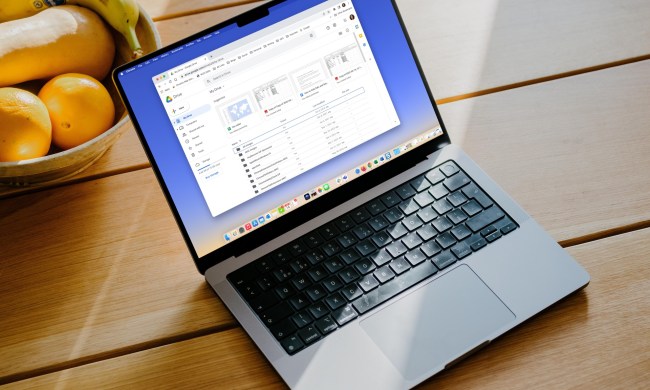
Your days of being startled by a video that seems to begin playing out of nowhere on your browser were about to come to an end, until the Chrome team realized that this update impinged upon users’ abilities to play games and build art projects.
In its most recent update (which brings us to Google Chrome 66), Google Chrome had begun to automatically block autoplay videos based on your preferences, which could cut down on the number of times you have to frantically mute your computer while trying to determine where that infernal noise is coming from.
In a recent blog post, Google Chrome product manager John Pallett wrote that “a significant number” of autoplay videos are axed by users who don’t want them — either by muting, pausing, or closing out of the tabs altogether — within only six seconds of the videos’ start. This demonstrated to Google that many Chrome users have absolutely no use for videos that begin unannounced and unwanted, and consequently, the search giant has addressed the issue.
With this new update, if you were to stop an autoplay video on a website, Chrome will remember this preference, and block any subsequent autoplay videos the next time you visit the site. On the other hand, if you’re alright with the videos that are triggered automatically on some other websites, Chrome will allow those to keep playing undeterred.
While this feature certainly seemed like a boon, some users began noting that it’s working a bit too well. So much so, in fact, that Chrome is apparently preventing some web-based games from playing sound. This is because their click-to-play approach generally does not resume a Javascript audio interface — something most games never needed to do until Chrome decided to press the mute button.
Google has confirmed that this is in fact a problem with the new auto-muting feature, and now, the company has rolled out a new v66 that rolls back the update as it applied to the Web Audio API.
As Pallett noted, “We’re doing this to give Web Audio API developers (e.g. gaming, audio applications, some RTC features) more time to update their code. The team here is working hard to improve things for users and developers, but in this case we didn’t do a good job of communicating the impact of the new autoplay policy to developers using the Web Audio API.”
This rollback won’t last for too long, however, as the Chrome team will re-implement its change come October, when it releases Chrome 70.
Still, the auto-muting update still applies to <audio> and <video> HTML tags. If you’re new to Chrome, the explorer will allow for autoplay videos to proceed on more than 1,000 websites where most other Chrome users allow videos to play with sound. However, the more you use Chrome, the better the browser becomes at understanding your personal do’s and don’t’s, and will make adjustments accordingly.
Ultimately, the new policy will block around 50 percent of autoplay videos that you want nothing to do with, which should cut down on the noisiness of your browser quite significantly.
While this learning feature is a new tool from Chrome, you can actually already select to disable audio on certain websites if you’re running Google Chrome 64. You just have to right click on your website tab and select “mute site” in order to never hear anything from that particular page again.
Updated on May 16: Chrome has rolled back its auto-muting feature as it applies to the Web Audio API.


